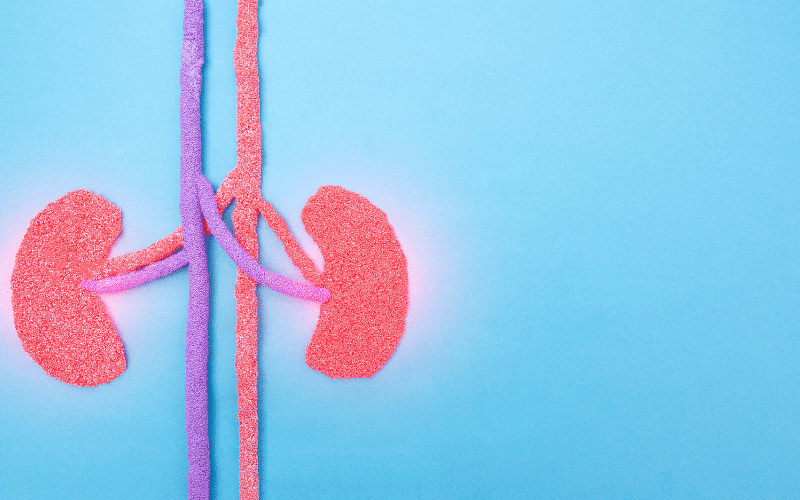FAQ

1. What causes glomerulonephritis?
Glomerulonephritis can be caused by various factors, including autoimmune diseases, infections, genetic mutations, and certain medications. Some common autoimmune diseases that can lead to glomerulonephritis include lupus, IgA nephropathy, and Goodpasture syndrome. Infections, such as strep throat, hepatitis B or C, and HIV, can also cause glomerulonephritis. In some cases, the exact cause remains unknown.
2. How is glomerulonephritis diagnosed?
To diagnose glomerulonephritis, your healthcare provider will perform a thorough physical examination and review your medical history. They may also order blood tests to check your kidney function, a urinalysis to look for blood, protein, and other abnormalities, and imaging studies such as ultrasound or CT scans to visualize your kidneys. In some cases, a kidney biopsy may be necessary to confirm the diagnosis and determine the underlying cause.
3. Can glomerulonephritis lead to kidney failure?
If left untreated, glomerulonephritis can cause progressive kidney damage, leading to chronic kidney disease (CKD) and eventually kidney failure. Early detection and treatment are crucial for preserving kidney function and preventing complications. Regular check-ups and close monitoring by your healthcare provider can help ensure that your treatment plan remains effective and your kidney function is preserved.
4. What is the treatment for glomerulonephritis?
Treatment for glomerulonephritis depends on the underlying cause, the severity of the condition, and the presence of any complications. Your healthcare provider may prescribe medications to control inflammation, such as corticosteroids or immunosuppressive drugs. They may also recommend medications to manage blood pressure, reduce proteinuria, or alleviate other symptoms. In some cases, dietary modifications, fluid restrictions, or dialysis may be necessary. In severe cases, a kidney transplant may be the best option.
5. Can glomerulonephritis be prevented?
While not all cases of glomerulonephritis can be prevented, you can reduce your risk by maintaining a healthy lifestyle, managing underlying conditions, and promptly treating infections. Regular check-ups with your healthcare provider can help detect early signs of kidney problems and allow for timely intervention. Additionally, if you have a family history of kidney disease or other risk factors, it’s essential to discuss preventative measures with your healthcare provider.
Conclusion
In conclusion, recognizing and addressing the symptoms of glomerulonephritis is crucial for early intervention and effective treatment. By closely monitoring your body for signs of swelling, changes in urine, high blood pressure, fatigue, loss of appetite, nausea, shortness of breath, itchy skin, frequent urination, and cognitive difficulties, you can take proactive steps to protect your kidney health and overall well-being. Consult your healthcare provider if you experience any of these symptoms, and work together to develop a comprehensive treatment plan tailored to your needs.